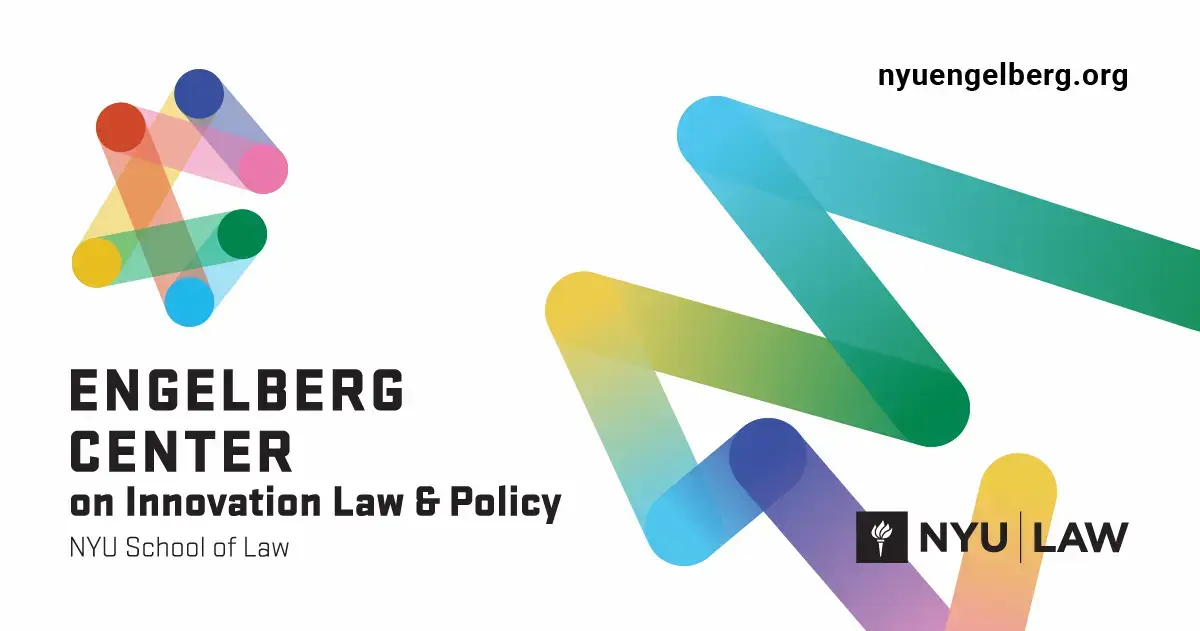this is a very lengthy piece but quite interesting. from the introduction:
Something happened when we shifted to digital formats that created a loss of rights for readers. Pulling back the curtain on the evolution of ebooks offers some clarity to how the shift to digital left ownership behind in the analog world.
While most publishers still sell physical books, when it comes to ebooks, the vast majority appear to have made a collective decision to shift to offering only limited licenses. Some of the reasons for this shift are economic, some legal, some technological, and others psychological – a belief that limiting or eliminating digital ownership of books will raise publisher revenues, forstall free copies leaking onto unauthorized websites, and allow publishers and platforms unprecedented control and tracking of the behaviors of readers, as well as universities and libraries that provide ebooks. Whether these beliefs map to reality, however, is hotly contested.
and the broad conclusions here:
Our study leads us to several key conclusions:
- By turning to platforms as the primary technical means for conveying ebooks, publishers have introduced a third major player into the ebook supply chain: ebook platform companies. Together with publishers, platforms have restricted the ebook market to one composed primarily of licensing instead of sales.
- The platform companies have motives and goals that are independent of those of publishers or purchasers (including institutional buyers such as libraries and schools). Rather than looking to profit from individual sales, like a bookstore does, platforms compete to collect and control the most aggregate content and consumer data. This enables what are now widely known as “surveillance capitalism” revenue models, from data brokering to personalized ad targeting to the use of content lock-in subscription models.3 These platforms’ goals are sometimes at odds with the interests of libraries and readers.
- The introduction of platforms, and especially publisher-platform partnerships, has created new forms of legal and technological lock-in on the publisher side, with dependencies on platform infrastructure posing serious barriers to publishers independently selling ebooks directly to consumers. Platforms have few incentives to support direct sales models that do not require licensing, as those models do not easily support tracking user behavior.
- The structure of the ebook marketplace has introduced new stressors into both the publishing and library professions. Publishers and libraries feel they are facing existential crises/collapse, and their fears are pushing them into diametrically opposed viewpoints. Publishers feel pressured to protect and paywall their content, while libraries feel pressure to maintain relevant collections that are easily accessible via digital networks. Both libraries and publishers feel dependent on the ebook platform companies to provide the ebooks that readers demand, allowing the platform economy (which is already dominated by only a few large companies) to have even more power over the ebook marketplace.
- Because of the predominance of the publisher-platform licensing model for the ebook marketplace, important questions exist as to the impact, if any, that digital library lending of books has on that market. For example, while some evidence exists that the availability of second-hand physical books via libraries and used bookstores might compete with direct publisher book sales, it is less clear that the digital loan of a single title by a library competes with platform ebook subscriptions and locked-in book purchases. Moreover, given that publisher-platform partnerships profit from surveillance of book buyers, consumers who choose more privacy-friendly library loans may represent an entirely distinct market that places significant value on data protection.
- While access to user data generated by platform surveillance of readers is a potential benefit to publishers, in practice publishers do not fully exploit (and may not have full access to) that information.



I’d count having to learn how to use a more technologically complex option as being more time-intensive, personally. Anyone can learn to use a more complicated option, but they need the time and mental resources to learn how to do it. And yeah, as you say, a lot of things are legitimately technical skills, and even reasonably tech-savvy individuals can end up out of their depth in some of the more complicated spaces in the internet. Recently I’ve been switching some things I use over to open source alternatives, and the number of options that look like they’re better than the convenient proprietary ones but which come with no or utterly arcane instructions for how to use them (or even just install them) is very high. I’m pretty sure I could figure it out for myself if I had enough time, because I’m very much in the “poke buttons to see what happens” camp when it comes to tech. But I genuinely just don’t have the time, and in the absence of more user-friendly good options, the bad options that have a shallower learning curve are more accessible.